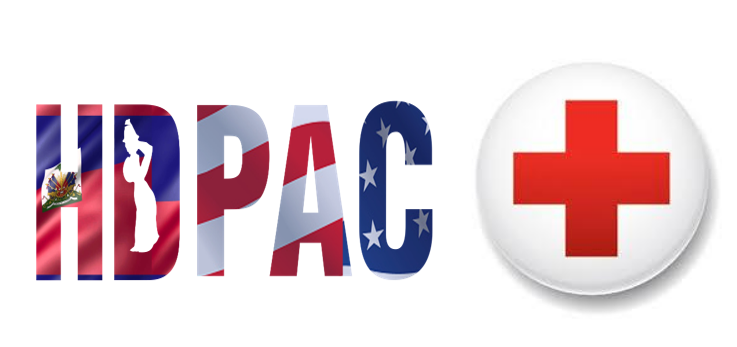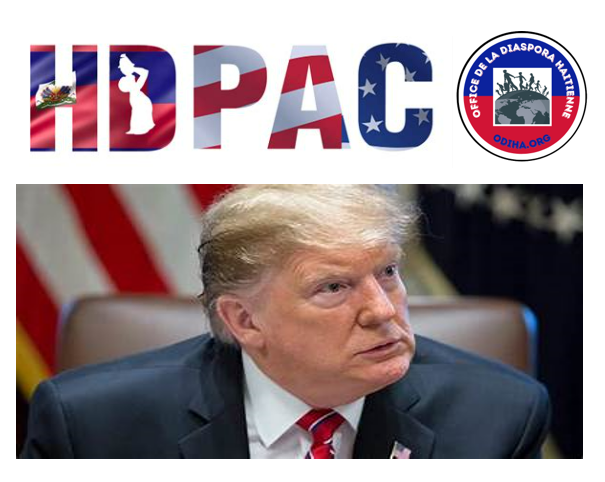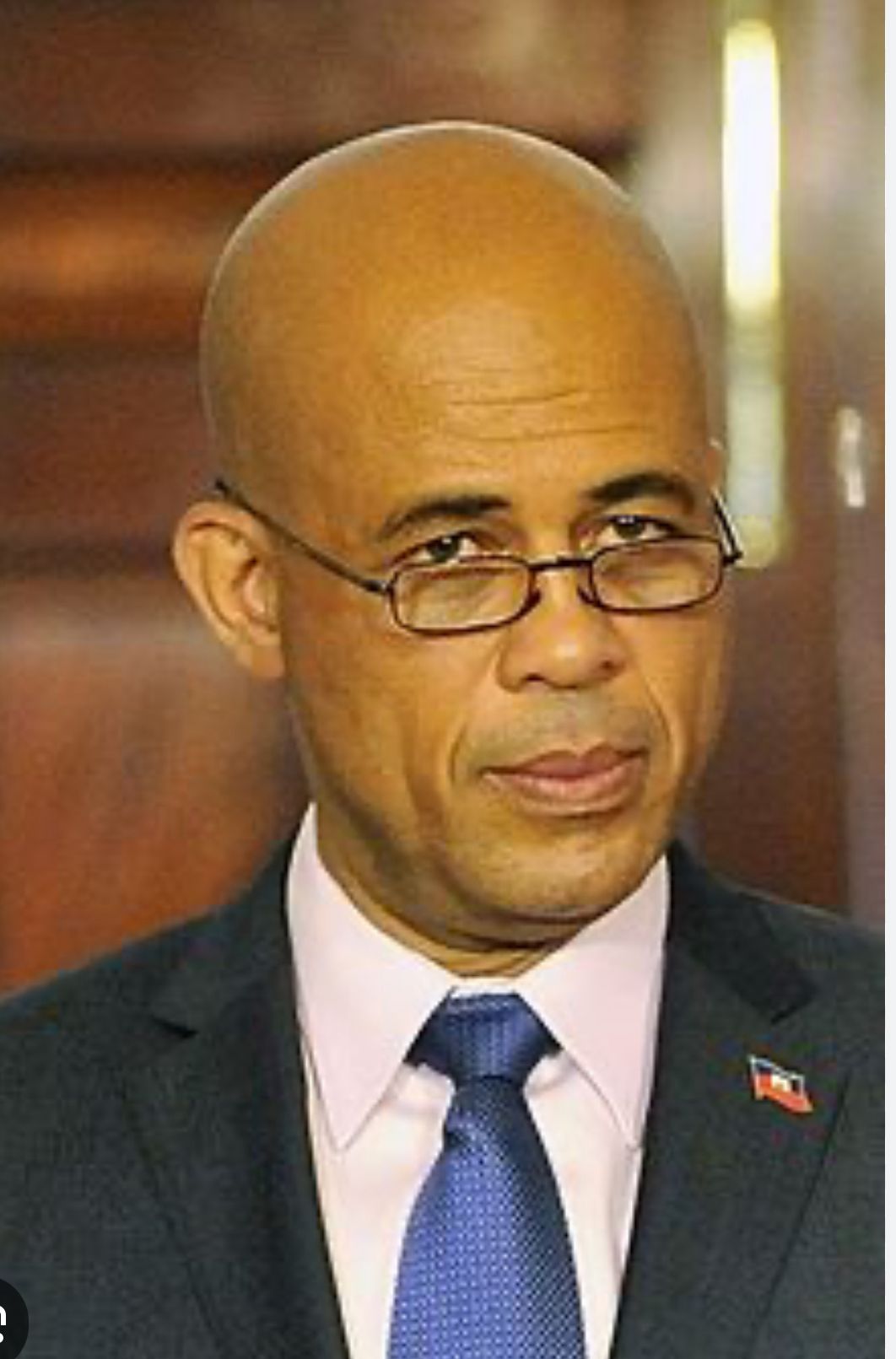|
Getting your Trinity Audio player ready...
|
TrueNewsReport
June 10, 2021
By: Jacqueline Charles, Miami Herald
After months of refusing to say whether it supports Haitian President Jovenel Moise’s push to submit a new draft of Haiti’s constitution to a popular vote, the Biden administration has publicly voiced its opposition, saying it should not take place.
“That is the position of our government; we’re making that position known,” U.S. Secretary of State Antony Blinken told the House Foreign Affairs Committee this week during a virtual hearing in which he was asked about Haiti while seeking congressional support for President Joe Biden’s $58.5 billion budget for the State Department and the U.S. Agency for International Development.
Blinken’s comments signal a policy shift on Haiti by the Biden administration, which has been under mounting pressure by members of Congress and Haitian American voters to drop support for Moise and change course on Haiti as the country’s turmoil deepens amid rising violence by heavily armed groups and a protracted political and constitutional crisis.
The secretary’s stance also appears to acknowledge that the road to Haiti’s holding “free, fair and credible” legislative and president elections this year, as the State Department has been insisting, may not be as smooth as the U.S. has conveyed. In addition to questions about voter disenfranchisement and the credibility of the country’s Provisional Electoral Council, any electoral process would face widening insecurity, political volatility and deep polarization, and a deadly COVID-19 pandemic that has hospitals running short on oxygen and beds.
“We still think there’s a possibility and an opportunity if the appropriate steps are put in place to have an election but the referendum — we oppose,” Blinken said, putting emphasis on the word “if.”
Washington’s position carries considerable weight in Haiti. Its push for Haiti to hold presidential and legislative elections “as soon as technically feasible” while insisting that “it is up to the Haitian people to decide the merits of constitutional reform” had frustrated Haitians, members of Congress and some foreign partners who have wanted the U.S. to be more vocal about the proposed referendum, which has U.N. support. They have been concerned that the proposed constitution does not offer the necessary democratic guarantees, and because it is widely regarded as illegal and unconstitutional, the referendum would further polarize Haiti’s political class.
Bocchit Edmond, Haiti’s ambassador to the U.S. and Organization of American States, told the Miami Herald that “ultimately, the issue of a new constitution is matter for the people of Haiti to decide.”
“The need for a new constitution is something that has been agreed upon by many, the last agreement signed between some political parties have shown clearly the need for a new constitution, as well as the majority of the population,” said Edmond, adding that Haiti welcomes the Biden administrations “full support for the the scheduled presidential and legislative elections in September.”
The new constitution would take Haiti from a parliamentary to a presidential regime with elections occurring every five years instead of being staggered, which supporters of the reform say is necessary to help Haiti gain a measure of stability. While opponents of the referendum say they acknowledge that Haiti’s charter needs amending, they insist it has to be done within the law — which is through Parliament by amendments— or at the very least with a political consensus.
The head of Moise’s own political party, Liné Balthazar, described a first draft of the new charter as authoritarian, and its proposed changes as “irritants and freedom-killing.” The draft eliminated the Senate, replaced the prime minister with a vice president elected on the president’s ticket and put restrictions on the ability to impeach or prosecute a president during the first year into his five-year term. A second version was released last month with new changes following comments, and a final version is still being finalized even as the government urges people to vote “Yes.”
The lack of consensus and transparency around the process has created unease for some members of the international community. Among the loudest has been the European Union. Last month, after the EU’s ambassador to Haiti said it would neither finance nor send observers for the referendum, the European Union Parliament adopted a resolution that, among other things, stated its opposition to the referendum and accused the U.S. of being complicit in Moise’s “unconstitutional actions.”
Georges Fauriol, a senior associate at the Center for Strategic and International Studies think tank and Caribbean Policy Consortium fellow, who had been critical of the administration’s stance on Haiti, said Blinken’s comments are significant even if Haiti continues to pursue elections amid the uptick in COVID-19, and the widespread violence by armed gangs.
“It’s a gradual shift, although it appears to be hedging, which means Washington continues to be indecisive,” Fauriol said.
To continue to pursue the referendum, Fauriol said, would be “suicidal” for the Moise government because the exercise would not be deemed credible.
“Whatever comes out of the process will be totally meaningless and will add to the Moise government’s growing problems on how it’s going to extract itself from an expanding crisis of which it has basically lost control,” he said.
In a statement issued Wednesday, the newly formed House Haiti Caucus said the referendum will only enable government abuses of power and accelerate Haiti’s path toward authoritarianism. “it should not be held at all,” the statement said.
Three U.S.-based law clinics, from Harvard Law School, Yale Law School and New York University Law School, have also said the U.S. government must call for the referendum’s cancellation altogether.
The lawyers said the vote itself was not only forbidden under the current charter, but millions of eligible voters would be shut out of the polls due to the incomplete rollout of a new voter identification card.
“The Electoral Council has stated that 4.5 million voters have been registered for the referendum and registration is now closed. The voting population of Haiti is estimated at 7.3 million,” the clinics said in a statement.
They also added that they are concerned about support the USAID has provided for elections. “Haitian civil society organizations have made it clear that it is impossible to hold fair and impartial elections under the current president; they continue to issue statements opposing the referendum,” the statement said.
Haiti’s opposition forces have been demanding the resignation of Moise, who has been ruling by decree since January 2020 and whose term they say ended on Feb. 7 under current law. Moise, who has pushed backed on calls for him to step down while flexing his authoritarian grip, has said his term ends next year — an assessment the Biden administration supports.
Blinken’s comments on the U.S. position on the referendum came hours before the country’s Provisional Electoral Council on Monday announced it was postponing the June 27 vote, citing the COVID-19 pandemic and difficulties it posed for training and recruiting poll workers. It also came as a five-member Organization of American States mission prepared to visit Port-au-Prince on Tuesday to see if it could defuse political tensions.
Observers say in making the U.S. position publicly known, the Biden administration is sending a political message to Moise, and is stepping up the pressure. The U.S. is also taking a different position from the U.N. political office in Haiti, which has been providing support to the referendum by helping the government purchase acquiring ballots, flesh out the voter lists and address other logistics.
The U.N. also controls an elections basket-fund that Haiti has contributed more than $ 20 million to.
Bernard Gousse, a lawyer and former justice minister who has been a vocal critical of the referendum and the U.S.’s support of the Moise government said Blinken’s announcement on the U.S. rejection of the referendum at the very least signals a “radical change in tone because until now the U.S. had seemed to support Moise.”
“Will this have an influence on the government? Not sure because these people are stubborn,” he said.
Gousse accused the Haitian government of being more concerned with imposing a constitution on the population than delivering women and children from the barbarity of armed gangs.
“No government aid has been provided to the hundreds of refugees gathered in the Carrefour Sports Center, but at the same time we have money to pay for a plane to drop leaflets in favor of the referendum on the head of a massacred population,” he said, referring to “Vote yes” leaflets that were dropped from the Port-au-Prince skies just hours before the vote was postponed.
On Tuesday, the day after announcing the referendum had been postponed, the government minister in charge of elections took to Twitter to make a new announcement.
“The ballots for the referendum arrived in Haiti as planned,” Mathias Pierre tweeted with photos. “This is the first batch of sensitive material.”
Edmond, Haiti’s OAS representative, said that although the government believes “it’s a patriotic duty for every Haitian to come together and find a Haitian solution to this crisis, we appreciate OAS assistance in the process.”
“When it comes to the government, we have made the choice to use electoral process as the only way to get to power and the president and his administration are committed to holding free, fair and transparent elections witnessed by international observers.”
The referendum was not expected to be raised by the OAS delegation, even though it is widely regarded as unconstitutional by a cross-section of Haitian society. That led U.S Rep. Andy Levin, the vice chair of the House Foreign Affairs Committee and a Michigan Democrat, to ask Blinken during the hearing: “What is the administration doing to make clear this illegal referendum should not take place?”
Any discussions during the OAS visit that sidesteps the referendum, Levin said, can not produce workable solutions to get Haiti out of its current political and constitutional crisis.
Blinken said the policy of the U.S., which is part of the OAS delegation, will be “reflected in anything that we say or do, which is to oppose the referendum.”
Later in an appearance before the House Appropriation Subcommittee, Blinken reiterated the administration’s position when asked by Miami Republican Rep. Mario Diaz-Balart about Haiti. The U.S., doesn’t believe that “ the proposed constitutional referendum … can be done in the time frame suggested in a way that would make sense and be truly representative,” the secretary said.
“We are looking to see what’s necessary, what can be placed to actually go forward with elections later in the year but not the constitutional referendum,” Blinken added. “It would be important to get back to more representative democracy in Haiti and not rule by decree, which is what we have seen recently.”
While Blinken said Haiti needs to be able to go forward with elections in a “free and fair way,” doubts are quickly rising about whether that is even possible today.
During a meeting with some political party leaders Tuesday, the OAS delegation was warned that Haiti was on the precipice of a large-scale massacre. Moise, they said, had chosen repression and propaganda to respond to the protests against him, instead of addressing the concerns of the population. For their part, delegation members were alarmed to hear that a gang federation, known as the G-9, was registered with the state and concerns were raised about the Haiti’s insecurity spilling out into neighboring countries and an exodus of Haitians due to the instability.
As the meeting unfolded, automatic weapon fire could still be heard in parts of the capital.
Violent clashes between heavily armed gangs in the areas of Martissant, Fontamara and Bas-Delmas have led to attacks on multiple police stations in Port-au-Prince, the death of eight police officers and the displacement of thousands of Haitians after homes and businesses were burned. An unknown number of Haitians have also been killed and injured in the violence.
“While exact numbers are still unclear, preliminary estimates suggest that thousands of people have fled their homes and sought shelter with host families or settled in informal shelters,” the United Nations Office for the Coordination of Humanitarian Affairs, or OCHA, said in a report on the situation. The newly displaced, the U.N. agency said, are in need of urgent humanitarian assistance and protection support.
OCHA estimates as many as 260,000 people have been affected in the deadly clashes between rival gangs. Provisional estimates are that 5,600 have been internally displaced, including 4,000 over the last 12 months due to similar violence. The victims hailed from Martissant, Cité-Soleil and Bel Air, all working class neighborhoods of the capital.
In one tragic incident, a 2-year-old was killed and an infant severely injured in a fire in the “Toussaint Brave” site in the Delmas commune. The fire devastated 150 houses, leaving some 200 households homeless.
The U.N. noted that the national police, which is responsible for security in the country, “is often, during these clashes and attacks, not in a position to provide the necessary security and protection, leaving vulnerable populations to fend for themselves.”
Blinken, who has other scheduled appearances before congressional committees this week as he seeks to get support for the budget, did not address the recent incidents specifically but did acknowledge the surge in violence. He called it “troubling.”
“We are trying to provide additional assistance, including to the police so that they can effectively do their jobs and deal with the “pro-founding, pro-foundling troubling insecurity that exists in Haiti.”






